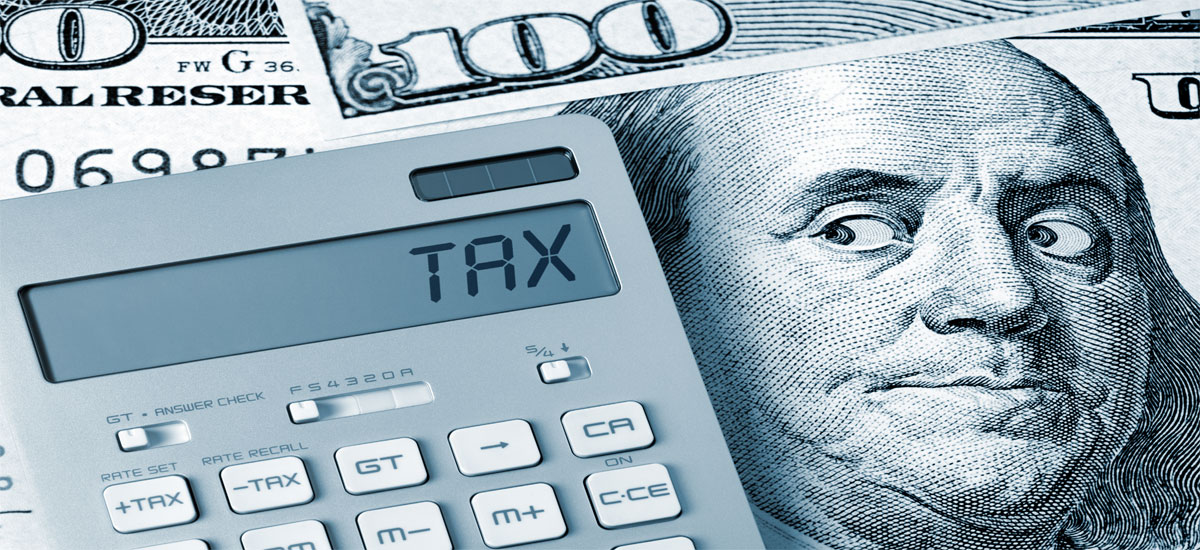
Posted on 2023-04-09 09:58:59 | by Admin
What can you expect from a good bookkeeper?
The responsibilities of a bookkeeper can vary depending on the size and nature of the business but generally include:
1 - Understanding the business: A bookkeeper must have a sound knowledge of the client’s business, including the entity’s nature and the taxation and filing requirements. The bookkeeper must know the nature of the products and services, the application of sales tax and other regulatory requirements, major customers, major suppliers, currencies involved in the business transactions, major assets, and liabilities, shareholders and their compensation structures, and other related parties and interactions. For example, if the client is selling goods through Amazon, the client may have limited interaction with the customer. In this case, the bookkeeper must have an understanding of Amazon fees and deduction structure and applicability of sales tax. Similarly for a dental practitioner, the patient is important, but mostly the practitioner is paid by the insurance or OHIP but the application of GST/HST can be complicated, and so on.
2 - Transactions and documents: A bookkeeper must understand the transaction cycle of the business and the flow of documents in the business system. For example, if the client ships the goods to the customer from a third-party warehouse, the bookkeeper must have a copy of the shipment report immediately. The bookkeeper should make a list of all important documents, banks, and visa cards and be aware of any income or expenses that are processed by the shareholders through their personal accounts.
3 - Knowledge of software: It is expected that the bookkeeper must have a deep understanding of the bookkeeping software. He/She should be a certified pro advisor from the major leading software like QuickBooks and XERO. It is assumed the he/she must have a sound knowledge of the bookkeeping process, payroll processing, GST/QST/HST and Sales tax requirements and overall knowledge of Corporate and personal income taxation in Canada and in the United States.
4 - Recording financial transactions: A bookkeeper is responsible for accurately recording all financial transactions, including sales, purchases, receipts, expenses, and payments.
5 - Internal controls: A bookkeeper may be responsible for establishing controls surrounding a good bookkeeping system for the business. This may include all transactions that are authorized, all recorded, recorded in the correct period, the correct amount with applicable sales tax, recorded information comparable, and policies and procedures that are applied consistently.
6 - Establishing quality: A bookkeeper may need to ensure that bookkeeping is performed on a timely basis; recorded transactions include an explanation, all transactions are referenced to the sourced documents, and any differences between the source document and the transaction are explained and referenced with the additional workings, implement controls over unauthorized changes or access, with a proper data backup system in place.
7 - Maintaining financial records: A bookkeeper must maintain organized and accurate financial records, such as ledgers, balance sheets, and income statements. The information provided is unbiased, user-friendly, useful to the users, and comparable.
8 - Reconciling accounts: A bookkeeper is responsible for reconciling bank and credit card accounts to ensure that all transactions have been properly recorded.
9 - Processing payroll: A bookkeeper may be responsible for processing payroll, including calculating employee hours, preparing paychecks, and submitting payroll taxes
10 - Sales tax report: A bookkeeper may be responsible for preparing sales tax reports for the applicable period, state, and province and organizing supporting documents.
11 - Managing accounts receivable and accounts payable: A bookkeeper may be responsible for managing accounts receivable and accounts payable, including invoicing customers, tracking payments, and paying bills.
12 - Generating financial reports: A bookkeeper may generate financial reports, such as profit and loss statements and balance sheets, to help business owners make informed decisions.
13 - Ensuring compliance: A bookkeeper may ensure that the business complies with all financial regulations and laws, including tax laws and accounting standards. The bookkeeper should maintain a reminder system for all important due dates.
Overall, a bookkeeper plays a crucial role in maintaining the financial health of a business. They must have strong organizational and analytical skills, attention to detail, and a thorough understanding of accounting principles and software.



